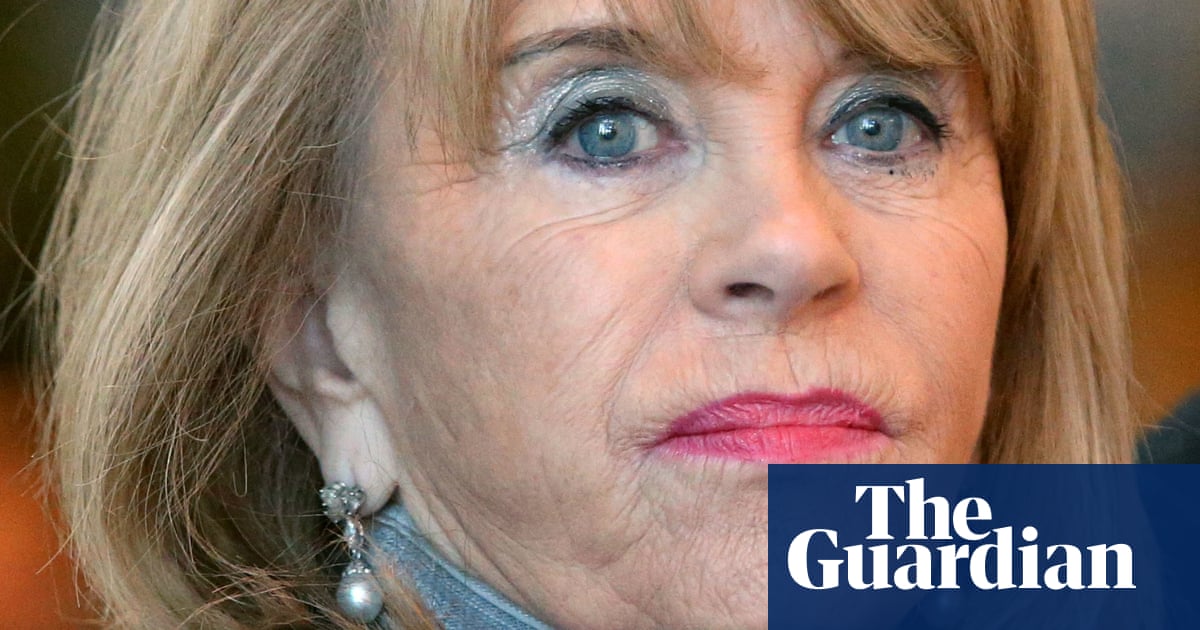
Two founders of a drug advocacy group who sold cocaine, methamphetamine and heroin in defiance of Canada’s federal government have been charged with trafficking-related offences.
Police in Vancouver said charges of possession for the purposes of trafficking were approved on 31 May against 28-year-old Jeremy Kalicum and 33-year-old Eris Nyx, co-founders of the Drug User Liberation Front. Kalicum and Nyx were arrested in October, but were only charged recently, and are due to appear in court on 2 July.
In 2022, DULF made headlines after the volunteer-led group announced it would offer pure cocaine, methamphetamine and heroin to users as part of a “compassion club” to prevent overdose deaths.
“If you label people’s drugs such that they clearly indicate what a person is putting into their body, people won’t be overdosing,” Nyx told the Guardian at the time. “No one takes more than they intend to take.”
The group applied for an exemption to Canada’s Controlled Drugs and Substances Act, so they could procure and sell drugs. With few options to legally purchase pharmaceutical-grade narcotics, the pair told Canada’s public health agency they would need to source the drugs through the dark web.
But that admission led Health Canada to reject their request.
Despite the legal setback, the activists carried on selling pure drugs at cost price from their store in Vancouver’s downtown east side in open defiance of the law. Nyx and Kalicum were eventually arrested in October, following a raid by police.
In March, the pair challenged Health Canada’s decision not to approve the exemption, arguing the decision leaves people who use drugs “fully and directly exposed” to the toxicity crisis and violates two clauses of Canada’s charter of rights and freedoms: the right to life and a right to equal protection under the law. They also pointed to research that found under their model, non-fatal overdoses dropped 49%. Non-fatal overdoses that required naloxone, suggesting the presence of fentanyl, dropped 63%.
“We are surprised the crown made this decision before the federal court decides whether Health Canada’s denial of an exemption for the compassion club was constitutional,” lawyers for DULF said in a statement. “If the crown is serious about pursuing these charges, our clients will challenge the constitutionality of prohibiting a life-saving safer supply program in light of this devastating toxic drug crisis.”
The battle over the ability to sell drugs comes as Canada’s westernmost province is trapped in an unprecedented public health crisis, which has torn apart families and left nearly 14,000 people dead from tainted, unregulated narcotics. Last year was the worst on record: authorities in British Columbia recorded 2,539 suspected overdoses, the vast majority with fentanyl or fentanyl analogues in their body. Experts caution that fatalities from tainted drugs will not be solved without addressing an increasingly adulterated drug supply.
Last year, British Columbia began a closely watched pilot project, decriminalizing, but not legalizing, the possession for small amounts of illicit drugs.
Politicians have recently used British Columbia’s experimentation in drug decriminalization as a political wedge issue, with Conservative leader Pierre Poilievre calling Vancouver’s downtown east side “hell on earth”.
In April, British Columbia walked back key elements of its drug decriminalization efforts amid mounting public pushback.












